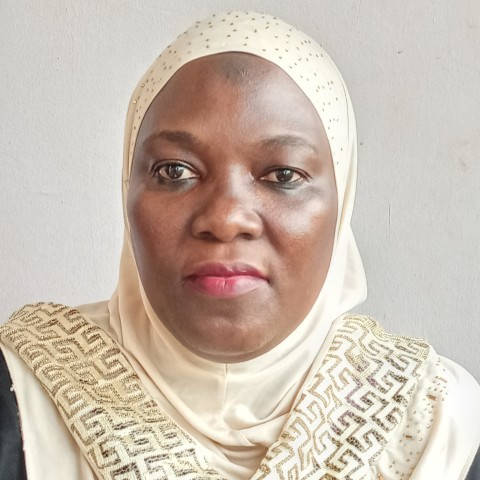UGANDA ASSOCIATION OF PSYCHIATRISTS




Who We Are
The Uganda Association of Psychiatrists (UAP) is a dynamic organization comprising psychiatrists and mental health professionals committed to promoting mental well-being and advocating for the highest standards of psychiatric care in Uganda.
Established with the vision to be the foremost authority and advocate for mental health in the country, UAP plays a pivotal role in shaping mental health policies, advancing research, and fostering professional development.
To promote continuous education in the field of psychiatry throughout the country.
To promote high quality and evidence based mental health service delivery.
To promote the image of psychiatry in Uganda guided by high ethical practices.
To advocate for the human rights concerns for the mentally sick in the country.

Dr. Claire Kwagala
Our Call.
At the Uganda Association of Psychiatrists (UAP), we believe that mental health is fundamental to the well-being of individuals and communities. We are calling on all stakeholders including mental health professionals, policymakers, community leaders, and the general public, to join us in our mission to transform mental health care in Uganda.

A startling estimation has emerged. Nearly 14 million Ugandans could be silently battling mental health issues. While the vast scale of this crisis remains largely undocumented, experts warn that Uganda’s youthful demographic is increasingly vulnerable.
“We will not give up until we save the lives of innocent Ugandans.”

Assistant Commissioner for Non-Communicable Diseases and Mental Health, Uganda
